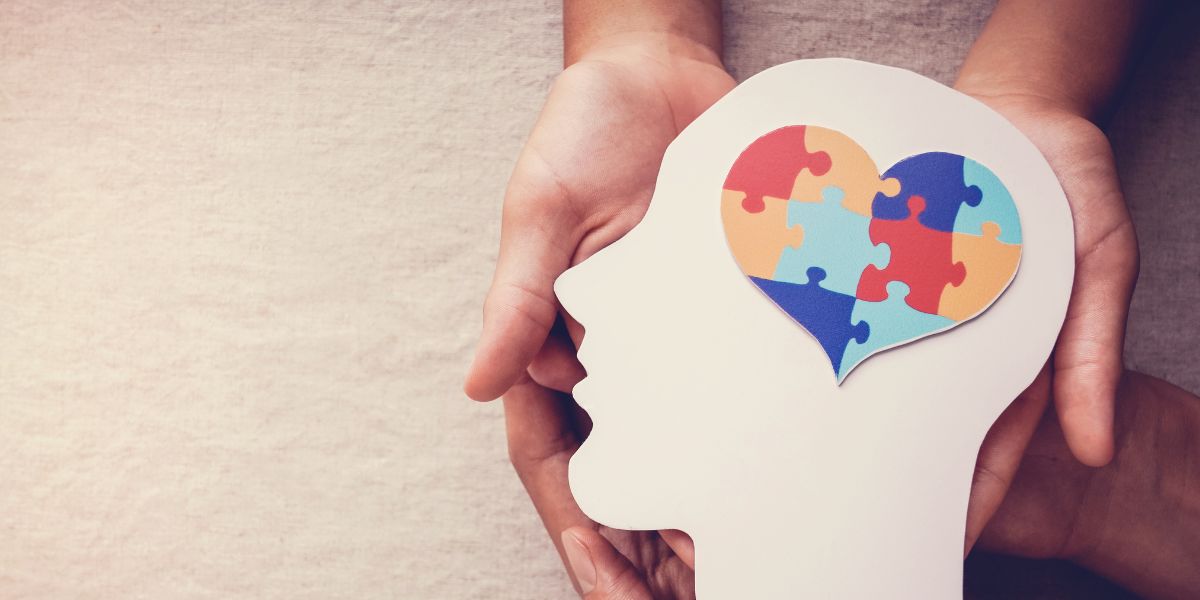Diabetes has quite large emotional implications for children. The physiology of diabetes itself can affect emotions as can the continual day-i, day-out diabetes routine.
Recognising the issues and being able to cut the right amount of slack can help in dealing with any emotional upheaval.
Diabetes and depression in children
Diabetes and depression have been closely linked.
Feeling different from others, never having a break from the diabetes routine, worries about the future and difficulty maintaining control can all lead to feeling down and, if this develops over time, to depression
As a first course of action make time to speak with your child and ask them how they feel.
It could be a prickly issue so pick a good time to ask. Be prepared that your child may apportion some blame for their mood on you so be willing to discuss why they feel this way.
Diabetic children and aggression
Diabetes is a frustrating condition and frustrations can build up over time.
Aggressive reactions to high and low blood sugars are common.
High blood sugars make you feel awful and low blood sugars can inhibit the brain from managing aggressive feelings so well.
Your child should be made aware that aggression should not be tolerated, but be prepared to cut just a little more slack than you might otherwise. Read more about hypoglycemia and emotions
My child is not looking after his or her control
It is not uncommon for a child to rebel against controlling their blood sugar and so it may be worthwhile making extra time to connect with your child and discern what the root issues may be.
See more on managing your child’s diabetes
The effect of diabetes on siblings
If your diabetic child has brothers and sisters, they may feel at times like their diabetic sibling is getting more care and attention.
This can make matters difficult as a child with diabetes usually needs extra time and care so evening the balance for one more brothers or sisters could be something of an impossible task.
Try however to make sure that any treats or benefits your diabetic child receives are at least occasionally mirrored for their siblings so they don’t feel too left out.
Conversely, your diabetic child may feel that their brothers or sisters have more freedom and opportunities than them so there can be two sides to the problem.
If you’re finding it hard to strike the right balance, why not ask other parents how they deal with the issue on our diabetes forum for parents and children





